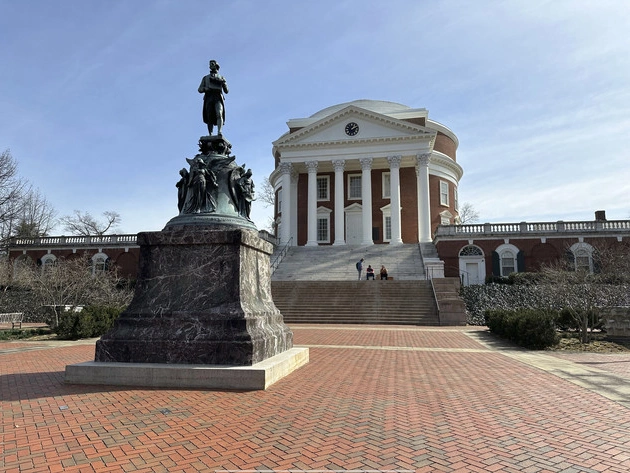
The recent resignation of University of Virginia President James E. Ryan amidst pressure from the Trump administration has sent shockwaves through the academic community, raising concerns about political interference in higher education.
Background of the Resignation
Ryan’s decision to step down came swiftly after the Trump administration’s calls for his resignation, citing concerns over the university’s diversity, equity, and inclusion practices. The Justice Department’s probe into these matters further escalated the situation, leading to Ryan’s abrupt announcement.
Political Interference in Academia
The Trump administration’s involvement in university leadership decisions has been met with criticism and accusations of overreach. By pressuring universities to revise their DEI policies, the administration has ignited a debate on the boundaries between government intervention and academic autonomy.
Reactions and Fallout
Senators Mark Warner and Tim Kaine, representing Virginia, condemned the administration’s actions and expressed support for Ryan’s leadership. The broader academic community has raised concerns about the implications of political pressure on university governance and academic freedom.
Looking Ahead
As the dust settles following Ryan’s resignation, the University of Virginia faces a period of transition and uncertainty. The impact of this event on the university’s reputation, funding, and academic direction remains to be seen.
It is crucial for educational institutions to uphold their values of independence and academic integrity in the face of external pressures. The case of Ryan’s resignation serves as a reminder of the delicate balance between political interests and educational principles.











